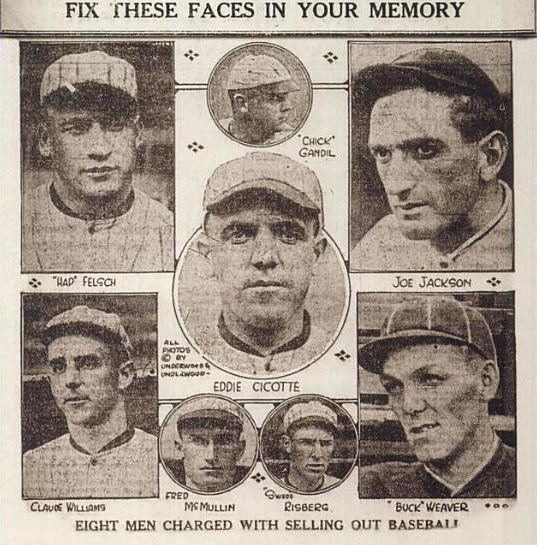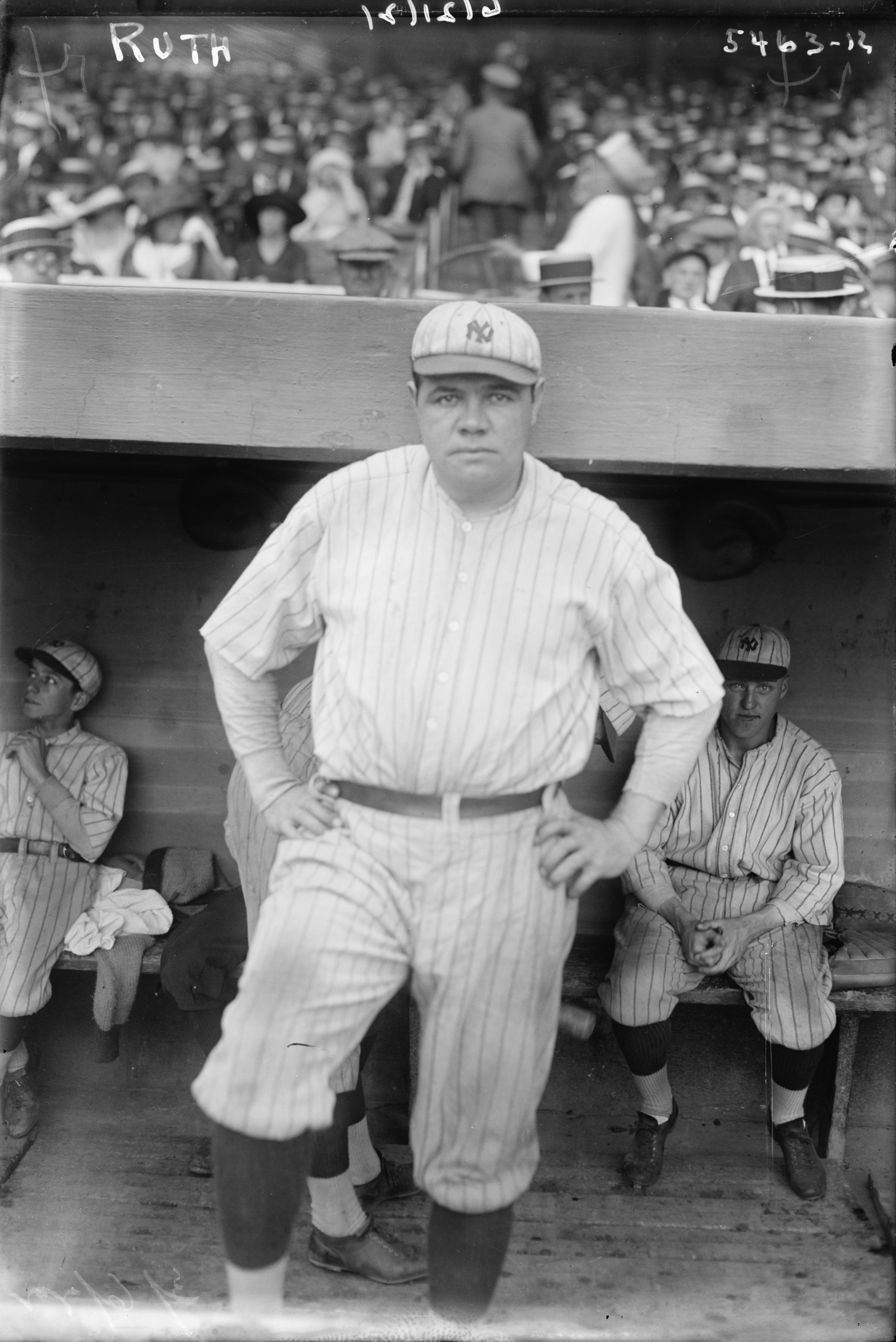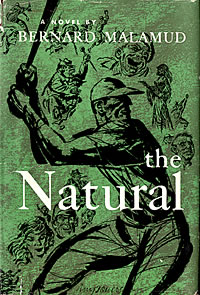 | |||||
| Garden house with table setting, N Prescott St, Portland, OR |
 | ||||
| Keep Out! - N. Albina Ave., Portland, OR |
 |
| The Tardis Room/Sci-Fi Cafe (also Fish & Chips) - N Killingsworth Ave, Portland, OR |
 |
| "The Youth Bill of Rights" mural - N Killingsworth Ave, Portland, OR |
 |
| Bike Rack outside dentist's office - N Killingsworth Ave, Portland, OR |
 |
| Statues inspired by Native American myths - N Ainsworth & Interstate, Portland, OR |
 |
| Bowling mural at entrance to Interstate Lanes - N Interstate Ave, Portland, OR |
 |
| Garbanzo-themed food truck - N Interstate Ave, Portland, OR |










